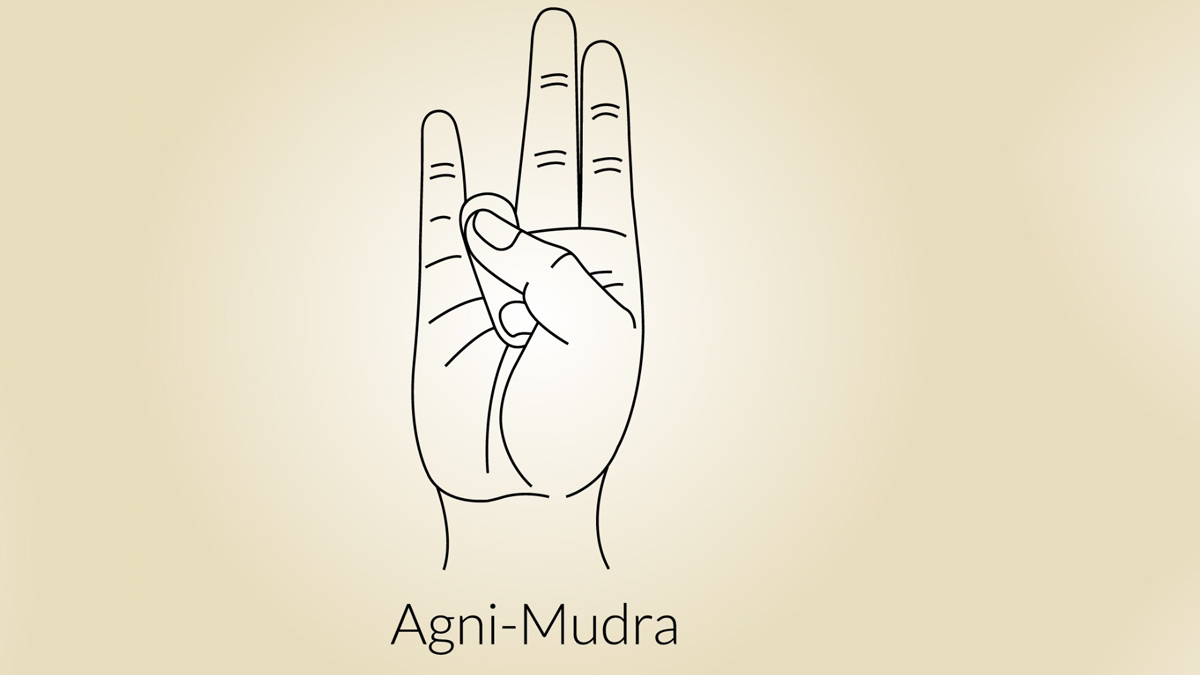Karma Yoga: The Path to Self-Realization through Selfless Action
Karma Yoga, often referred to as the yoga of selfless action, is one of the four main paths of yoga in Hindu philosophy. It offers a profound spiritual journey by emphasizing the significance of selfless service and action. In this blog, we'll explore the essence of Karma Yoga and how it can be applied in our daily lives to attain self-realization.
The Concept of Karma:
To understand Karma Yoga, it's crucial to grasp the concept of karma. Karma is the law of cause and effect, which suggests that every action we perform has consequences, either in this life or in future lives. Good actions lead to positive outcomes, while bad actions result in negative consequences. Karma Yoga is about engaging in actions with a sense of duty, without attachment to the results, and understanding that the fruits of our actions are governed by the divine.
Selfless Service:
At the core of Karma Yoga is the idea of selfless service, or seva. Practitioners of Karma Yoga offer their time, skills, and efforts without expecting any personal gain or recognition. This selflessness purifies the mind and heart, fostering a deep sense of humility, compassion, and love for all beings. It's a way to transcend the ego and connect with the divine within and in others.
Duty and Dharma:
Karma Yoga also emphasizes the importance of fulfilling one's duty, or dharma, in life. Each individual has a unique role to play in society, whether as a parent, teacher, worker, or leader. By performing our duties with sincerity and dedication, we contribute to the harmony of the world. Karma Yoga teaches that when we act in alignment with our dharma, we find fulfillment and spiritual growth.
Detachment from Results:
One of the fundamental principles of Karma Yoga is detachment from the results of our actions. This doesn't mean apathy or indifference but rather recognition that we can control our actions, but we can't control the outcomes. By letting go of attachment to success or failure, we free ourselves from anxiety and disappointment. This detachment allows us to act more skillfully and with a clear mind.
Meditation and Self-Realization:
Karma Yoga isn't limited to external actions alone; it also involves inner transformation. Through meditation and self-reflection, practitioners of Karma Yoga seek to realize their true nature as a part of the divine consciousness. By aligning their thoughts, words, and deeds with higher principles, they gradually attain self-realization and liberation from the cycle of birth and death.
Conclusion:
Karma Yoga is a path of spiritual growth and self-realization through selfless service, detachment from results, and alignment with one's duty and dharma. It teaches us to live a life of purpose, compassion, and humility, ultimately leading to inner peace and union with the divine. By incorporating the principles of Karma Yoga into our daily lives, we can find profound meaning and fulfillment while contributing positively to the world around us.
Signing off 😊🙏




Comments
Post a Comment